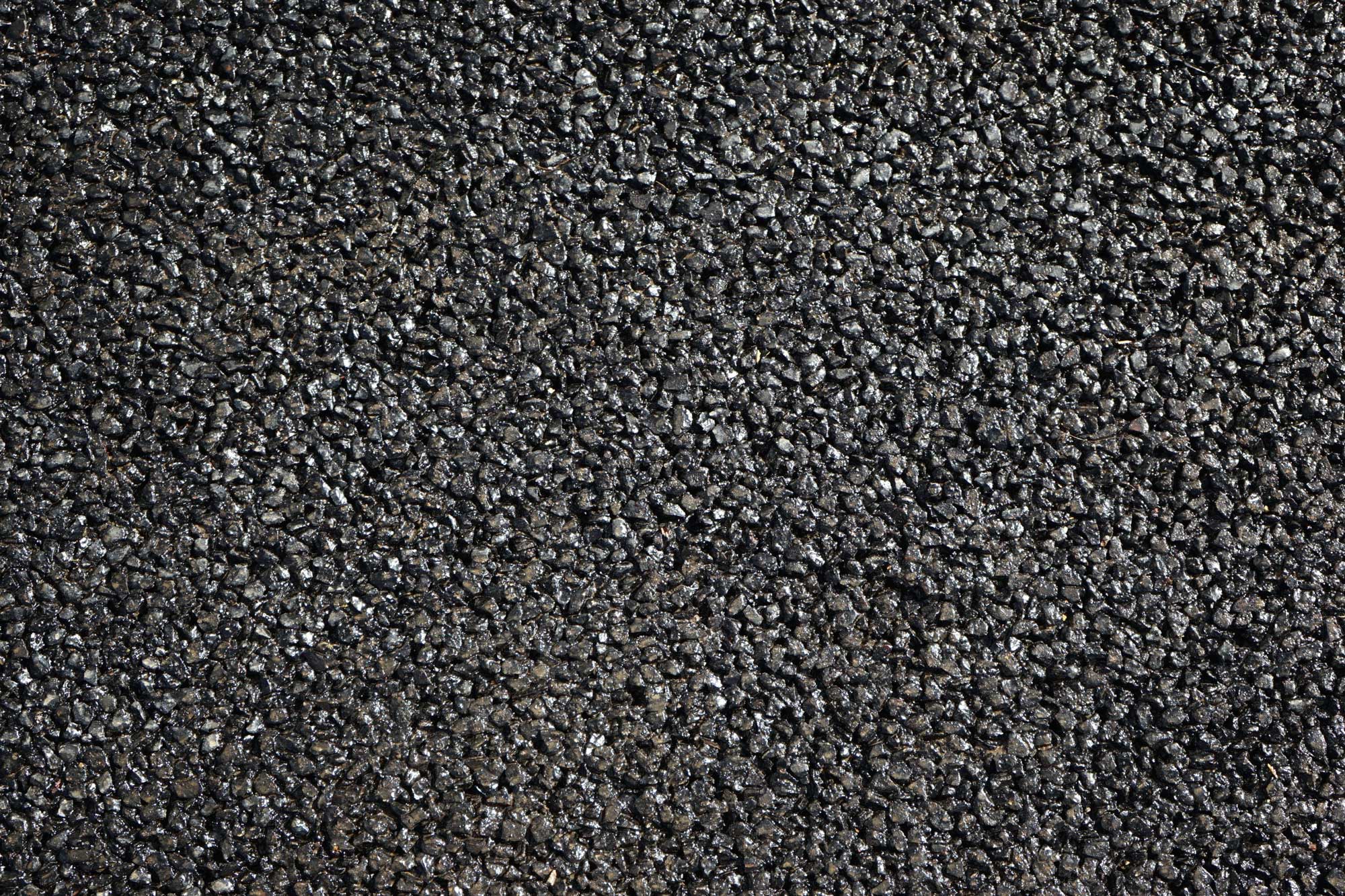Asphalt remains the most popular material for paving. It consists of various substances, such as sand and small stones. Recycled shingles or tires may also be part of the mixture. This pavement type offers several noteworthy advantages.

Asphalt is Smooth
Asphalt is a flexible pavement built in multiple layers with a continuous flow of material moving through the asphalt paver. No construction joints are needed. This construction method creates the smooth, quiet ride the public enjoys, increases fuel efficiency, reduces wear and tear on vehicles, and leads to longer pavement life.
Asphalt is Cost-effective
Asphalt has low initial costs, lasts longer, and, due to its recyclability, has a residual value greater than other pavements. Asphalt pavements can also be “staged.” Staged construction involves placing the initial base course, building your commercial building or subdivision, and then placing the surface course after all building construction has been completed. This allows easier access to storage of materials and deferral of the costs of the roadway.
Asphalt is Safe
The smooth surface of asphalt provides maximum tire contact with the roadway, increasing skid resistance. The dark color of asphalt reduces glare, helps melt snow and ice, and provides a high contrast for lane markings. Fast construction of asphalt roads means shorter construction delays, contractors “get in and get out”, and this significantly reduces safety risks for the traveling public.
Asphalt is Durable
Asphalt is a flexible pavement. This flexibility allows asphalt to withstand occasional overloading of the pavement. The grading of the asphalt cement to specific regions of the country allows asphalt to adapt to its environment and withstand rutting in the summer and the harsh freeze cycles of winter.
Asphalt is a Perpetual Pavement
Asphalt pavements can be constructed to last indefinitely, and they are known as Perpetual Pavements. These thick, full-depth pavements are built using thick base courses that are extremely flexible. Next, a strong-load-bearing intermediate course is placed over the base course.
The intermediate course is followed by a two-inch wearing course that is milled off every 18-20 years and recycled into a new wearing course. The intermediate and base courses remain strong and viable without ever needing total reconstruction.
Asphalt is Fast to Construct
Asphalt pavements are fast to construct. Because asphalt effectively needs no “cure” time, motorists can use roadways as soon as the last roller leaves the construction zone. This means fewer delays and safer roads for the traveling public.
Asphalt is 100% Recyclable
Over 80 million tons of asphalt are recycled each year. It also makes asphalt pavements sustainable. Less new petroleum is needed to make new asphalt pavement, and 80 million tons of new aggregate remain in reserves. Scientists are working hard to create a pavement using 100% recycled asphalt.
An asphalt mixing plant is an ideal construction equipment used for manufacturing asphalt, which is mainly used for road construction and other civil construction. Asphalt is prepared by mixing an appropriate proportion of aggregates, sand, and stone dust, heated, and then appropriate promotion of bitumen is mixed at standard temperature, and then it is transported to the work site.
Asphalt is the Best Choice
The advantages of asphalt simply add up to superior value. Asphalt is safe, smooth, and durable. It can be built to be an everlasting perpetual pavement. Asphalt is fast to construct, and asphalt contractors know how to “get in and get out” of construction zones. Asphalt is the green pavement: It is 100% recyclable, and new technologies are making asphalt the only sustainable pavement choice.
Choose Asphalt!

